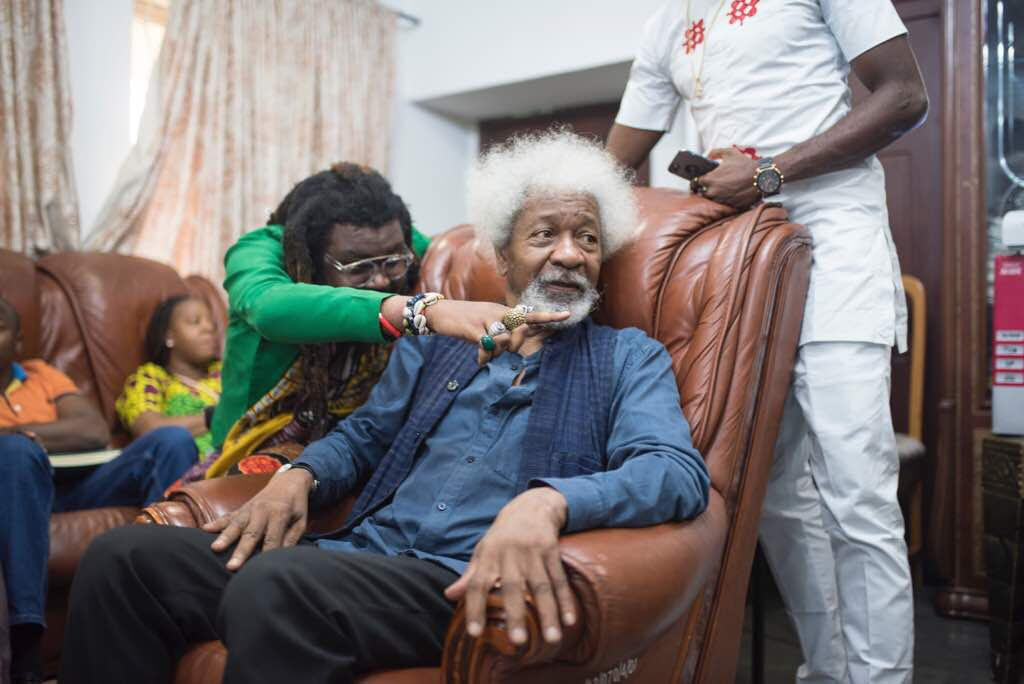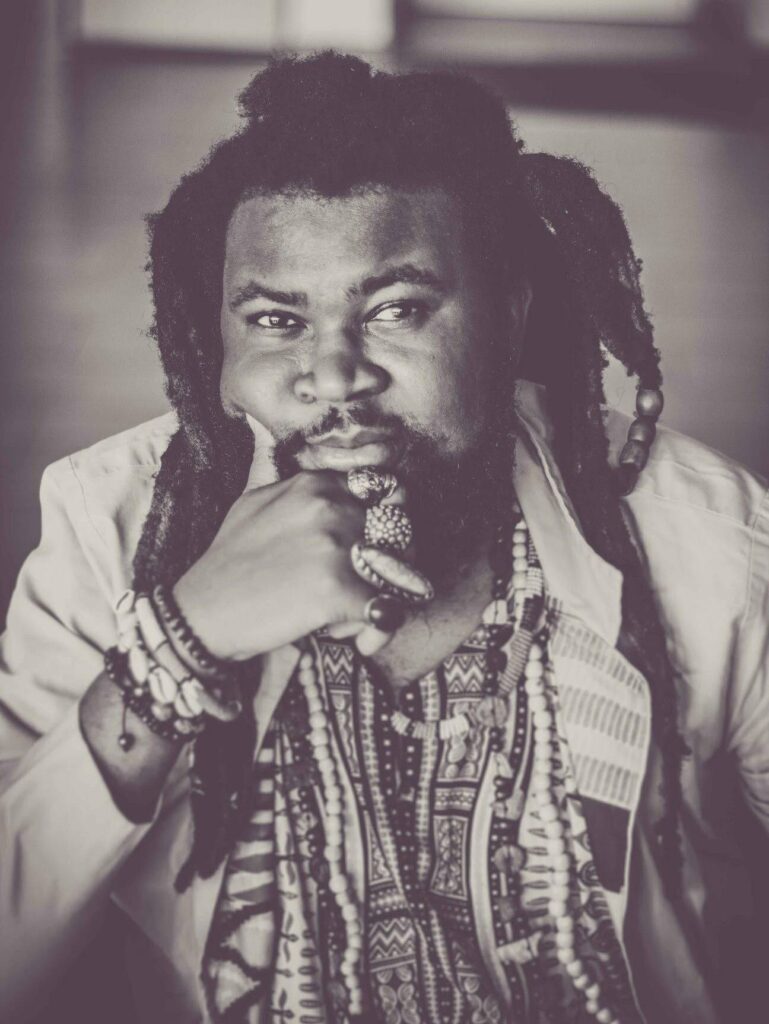Nigerian author and filmmaker Onyeka Nwelue in a freewheeling conversation with IAT Editor-in-Chief Rao Narender Yadav

IAT: Congratulations on the successful screening of your film in India and winning a Jury mention. What prompted you to make this film?
ON: My mother is from one of the most successful families in Oguta. The man I know as my grandfather is Justice SBC Obiora, who did the survey and construction of Oguta town. Oguta was street named in the 50s. It saw development earlier enough. It is an oil region. The oil companies arrived and began to drill oil. There is pollution in the land. The people farm very far from the town. Today, there is no electricity and no bank in Oguta. I spend a lot of time there, so I thought it was important to tell their story to the world. I wrote and published the book, Island of Happiness, which is set there and, so, I made it into a film.
IAT: Where all this film has been screened till now and how has been the response?
ON: Infact, it was nominated in two categories at the 2018 Africa Movie Academy Awards (AMAA) and won Best Director Award at Newark International Film Festival in the US. It premiered in Harvard. It has shown at Upssala and Stockholm Universities and at over 12 film festivals. We have travelled widely with it. Now, we are at Woodpecker.
IAT: While India is central to most of your writings and you have been coming to India quite regularly, why you were not present in the first screening of your film in India at WIFF?
ON: The Ministry of External Affairs (MEA) refused to approve my visa. The High Commission of India in Pretoria, South Africa received my application early enough and told me they had not gotten any clearance from MEA. It was disheartening.
IAT: Is your film a true depiction of the current socio-economic scenario in Nigeria?
ON: Fiction is true. However, the film is based on true stories.
IAT: Do you see the same challenges, as in Oguta, prevailing in India?
ON: Of course. I have always related to the experiences of the Siddis of India in Gujarat and Karnataka. I keep saying that you can’t isolate people who don’t want to be isolated. The Siddis want to be assimilated in India and also, want to belong. They are not darker than Malayalees or people in Bangalore. But, why would they be left the way they have been left? Treated like animals? Harassed by other people? They are Indians. Imagine Indians in South Africa been treated that way as well? We must begin to question our humanity and I think that the challenges of Oguta people are prevalent in Indian societies.

IAT: How do you see the future of Nigerian Film Industry and the opportunities for Independent filmmakers their in the near future.?
ON: I am optimistic that Nigerian films will go a long way. The Industry is growing speedily.
IAT: Do you have any plans to make a film on any of your books?
ON: Yes. Actually, my first book, The Abyssinian Boy is set in Delhi and will be filmed in Delhi. Abyssinia is the old name of Ethiopia and other East African nations and these Africans travelled through the Silk Route to Bharat.